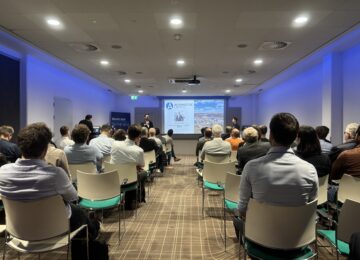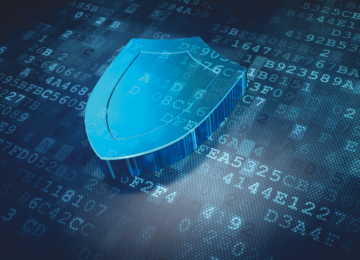Sprint team 'grid-aware control' outcome knowledge session Home Batteries
Home batteries are a hot topic in the Netherlands. Sales have been rising sharply in recent years, and will continue to do so partly because of the imminent abolition of the energy-saving scheme. Different stories are circulating in the media and politics, and for ordinary citizens it is sometimes difficult to get a clear picture of what you should do right and what you should be alert to. To arrive at a shared picture, ESNL organized a knowledge session on this topic Nov. 7. With about 30 attendees, including suppliers, manufacturers, installers, grid operators and financiers, concerns were shared and directions for action discussed.
The session was kicked off by the Ministry of KGG, which presented how the National Grid Congestion Action Program (LAN) is looking at home batteries. Within the action line 'Better use of small-scale consumers', efforts are being made to reduce peak loads on the low-voltage grid, among other things by developing an adjusted grid tariff, agreeing on technical measures and communicating more sharply to small-scale consumers. Within the LAN framework, preconditions must be developed for the grid-conscious deployment of home batteries.
Next came Home Ownership Association featured with a presentation on their Energielab. In it, they are working with 14 households to research the homeowner's perspective on home batteries. This involves questions around safe installation, meter box adjustments, energy bills and use of apps.
Finally Alliander in on the grid operators' perspective. In this, it became clear that the grid operators recognize that the home battery has a positive effect on grid congestion the vast majority of the time, but foresee for up to 5% of the time that higher peaks are created at the low voltage level. In addition to the aforementioned adjustment to the tariff structure, grid operators are advocating the introduction of a communication protocol that would allow them to reduce electricity trading in the event of imminent security of supply problems. However, in an ongoing pilot, Alliander is exploring propositions for home batteries to contribute to congestion management and thus avoid the need to deploy the emergency button.
In the workshop that followed, several follow-up actions were identified around creating the right incentives for households, reaching technical agreements on (at least) grid-neutral integration, and ensuring physical and digital security. The first action to be taken up is the creation of a sprint team, which will be tasked to reach an agreement in the near future on grid-aware control of home batteries. During The Energy Storage Event There will be an update on this on Dec. 12, so there again!





